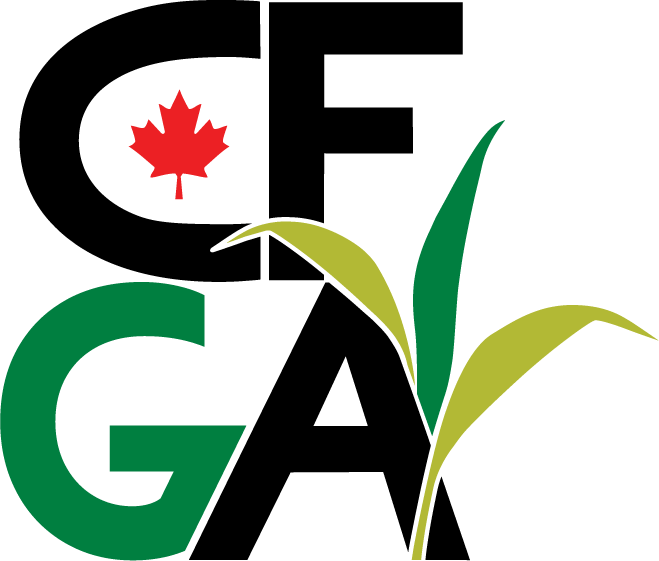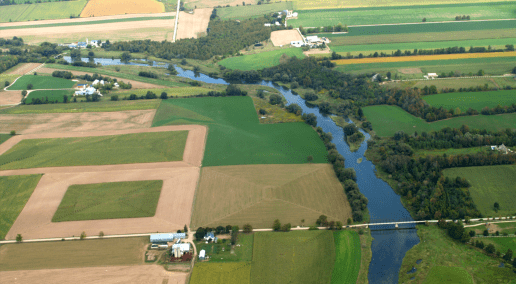Monica Hadarits, is the executive director of the Canadian Roundtable for Sustainable Beef (CRSB), a multi-stakeholder not-for-profit organization which advances, measures and communicates continuous improvement in sustainability of the Canadian beef value chain. She leads the strategic direction, management and funding for the organization. She presented at the CFGA’s 15th Annual Conference, Roots to Success: The Foundation of Resilient Agriculture, in Guelph, Ontario in December.
Monica provided a recap of the work the CRSB has done over the past 10 years and shared the organization’s goals for the future. Established in 2014, the organization is a multi-stakeholder, not-for-profit organization with a mission to advance, measure and communicate sustainability and continuous improvement in the Canadian beef value chain.
At the CRSB, sustainability takes a holistic look and includes natural resources, the people in the community, animal health and welfare, food safety, efficiency and innovation, all underpinned by economic viability.
2024 was a big year for the CRSB with the launch of the second version of the national beef sustainability assessment in January, the launch of the second version of its certification program and the establishment of beef industry goals to 2030.
The CRSB works with producers and stakeholders through dedicated initiatives and practices to minimize greenhouse gasses, improve agriculture’s carbon footprint and work with nature.
Monica provided some data from the most recent findings, noting that today, producing one kilogram of boneless beef now creates 15 per cent less greenhouse gasses than it did in 2014. Meanwhile, land used to raise beef cattle stores 1.9 billion tons of soil carbon.
Land used to raise beef cattle also provides 74 per cent of the habitat wildlife needs for reproduction and 55 per cent of the habitat needed for feeding. She said while overall wildlife habitat has declined, the share held by beef farmers has grown, supporting biodiversity and maintaining healthy ecosystems from coast to coast.
She said the families raising Canadian beef continue to prove that they produce happy, healthy cattle by prioritizing their well-being. At the same time, the entire beef industry is creating a brighter economic future and better quality of life for all Canadians, contributing 51.6 billion dollars in goods and services, $2.8 billion to the GDP and $11.7 billion in labour income.
The CRBS has 1,300 farms and ranchers certified who are working almost six million acres across Canada. There are 12 companies sourcing beef from certified farms and ranges.
2024 conference recordings
To hear all of this presentation, you can purchase access to it, and all of the recordings from the 2024 conference proceedings. Note, the recordings are available for free to those who registered for the 2024 conference. For more information, email [email protected].
Conference 2024 Recap: Build your Farm’s Future with the Next Generation
September 22, 2025
Maggie van Camp is Loft32’s co-founder, director of strategic change and in 2024 started Farmers’ Bridge to help farm families navigate transitions and build their businesses for the future.
Read Article



Leave a Comment